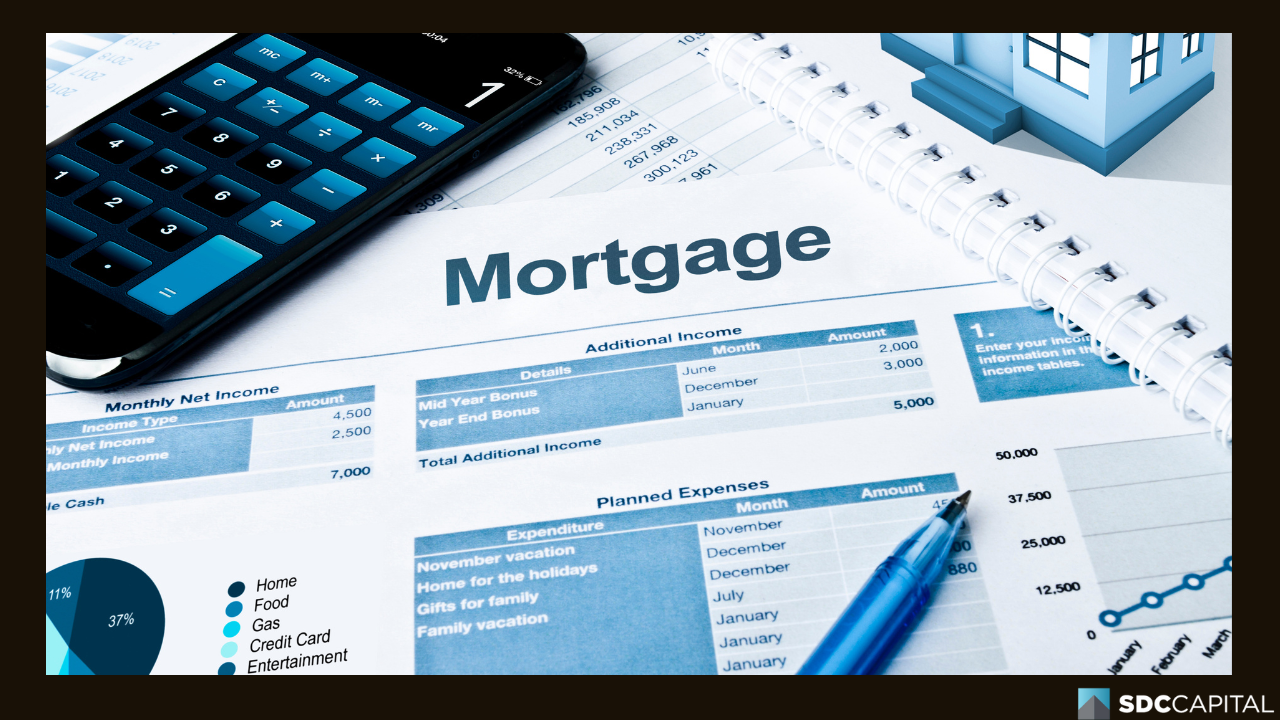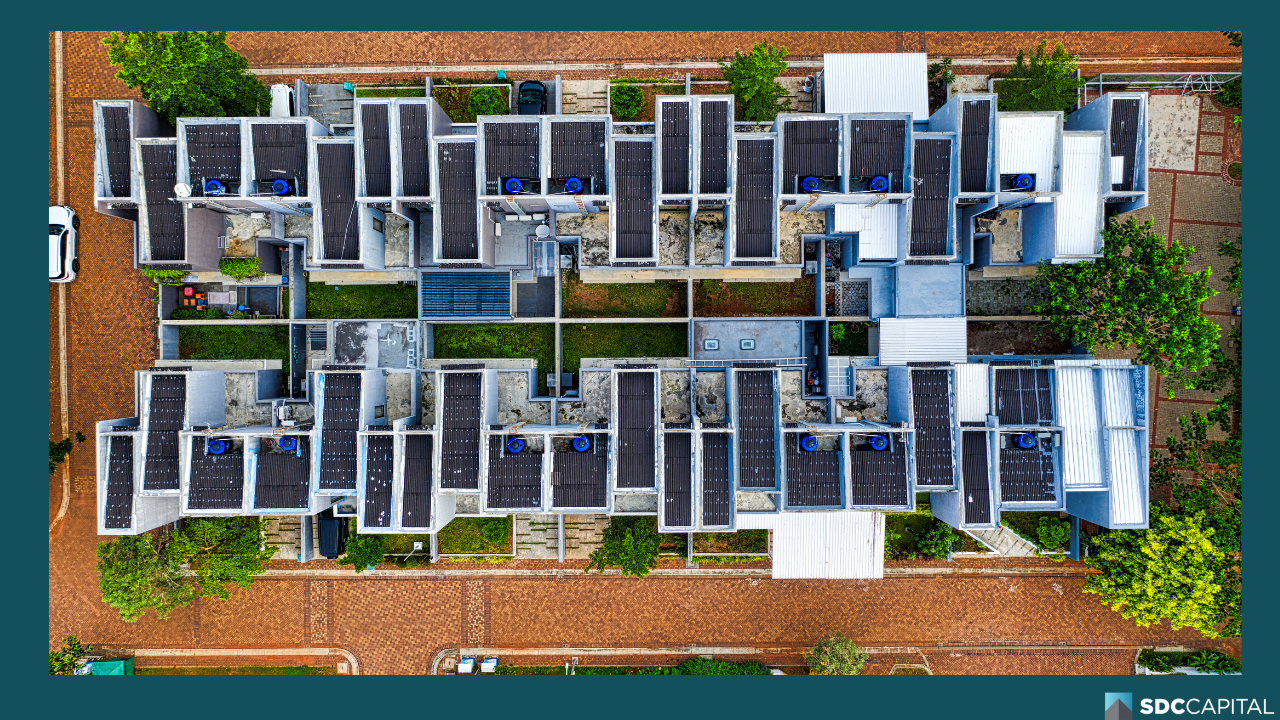What is a gap loan in real estate? Learn how gap financing works, when it’s used, and how it compares to bridge and traditional loans.
SDC Capital Funds $3.7M for Purchase of 28 Unit Multifamily Property | 75% LTV
Investing in Mortgage Fund: FAQs for Real Estate Investors
Second Mortgage vs Home Equity Loans
SDC Capital Secures a $1.3M Credit Line Across 4 SFRs in Sacramento and Truckee, CA
SDC Capital Funds $1.82M Medical Office Purchase Loan in Fountain Valley, CA
Mixed Use Financing in Real Estate
What is a Debt Fund? | Features, Types, How to Invest
$1 Million+ Funded for 6-Unit Multifamily Purchase and Renovation in Los Angeles
6 Questions to Ask Hard Money Lenders
SDC Capital Funds $2.4M Purchase Loan for a Vacant Retail Property in Murrieta, CA
SDC Capital Funds $640,000 Second-Lien Cash-Out Refinance in Newport Beach, CA
Fast Funding: SDC Capital Closes $1.2M Purchase Loan in Just 1 Week
SDC Capital Funds $1.49 Million Bridge Loan for Multifamily Purchase and Renovation in Los Angeles, CA
This repeat borrower secured $1,494,000, which includes a $450,000 construction holdback, to purchase and renovate a multifamily property in Los Angeles. This is this borrower's sixth deal with us!











